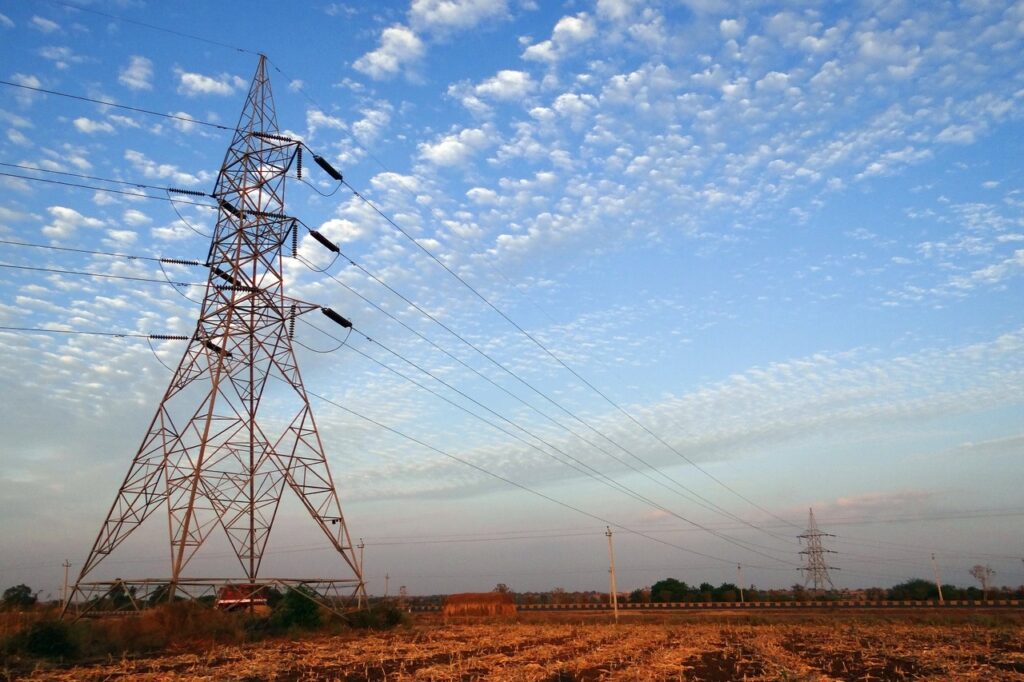Energy UK has criticised proposals to impose a revenue cap on low carbon energy generators with it potentially hindering the investment that is needed to safeguard the UK’s energy security and reduce energy bills.
The proposed temporary Cost-Plus Revenue Limit, which is contained within the government’s Energy Prices Bill, could hinder the traction that the renewable energy sector has gained in recent years.
The precise mechanics of the limit are still subject to consultation – which will be launched shortly – but it will set a revenue limit that curbs the amount generators can make. This could have a detrimental effect on the renewable energy sector in the UK.
Some of the clauses within the bill also “unexpectedly” propose extensive new powers for Ministers in relation to the regulation of the sector. This is despite the government stating it had worked with industry on the details of the proposal, which is set to come into force from the start of 2023.
This prompted Energy UK, Centrica, Drax, EDF, E.ON and Engie to pen a letter to the former business energy and industrial strategy secretary of state, Jacob Rees-Mogg detailing how the proposals “undermine the long-established principle of strong, independent regulation of the energy sector”.
On the revenue cap proposal, Energy UK has described it as a “de facto windfall tax” that threatens to be more damaging and punitive than that levied on oil and gas producers. As well as this, the organisation said that while the windfall tax for oil and gas producers contains generous exemptions through an investment allowance, no such provision exists with the revenue cap.
“While we fully support the need to do whatever it takes to help with bills this winter, the Government’s revenue cap as currently designed could have catastrophic consequences for the investment needed to reach our climate and energy security targets,” said Adam Berman, deputy director of Energy UK.
“At time of uncertainty and economic disruption, this plan risks derailing the very investment needed to reduce our reliance on volatile and expensive fossil fuels that are the root cause of the energy crisis.”
This has been questioned further with the lifting of the moratorium on fracking. This was considered a controversial move by the UK Government to “bolster the UK’s energy security.”
Under the move, applications for Hydraulic Fracturing Consent will now be considered where there is local support, with developers still required to have the necessary licences, permissions and consents in place.
A recent government polling found just 17% of the public support fracking – dramatically lower than support for technologies like solar, which is popular with over 80% of the public. This will be an area Sunak could explore in his tenure as Prime Minister.
“It’s astonishing that the government has proposed a scheme that would penalise investment in clean, cheap, low carbon generation in favour of polluting oil and gas extraction,” Berman said.
“Cementing a tax regime that gives preferential treatment to oil and gas would send a disastrous message about the UK’s commitment to the low carbon solutions that offer the quickest way out of the energy crisis, cost of living crisis, and climate crisis.
“We’re urging the Government to reconsider the design of a scheme that could end up diverting investment away from the homegrown low carbon generation that could ensure our energy security will never again be called into question.”






